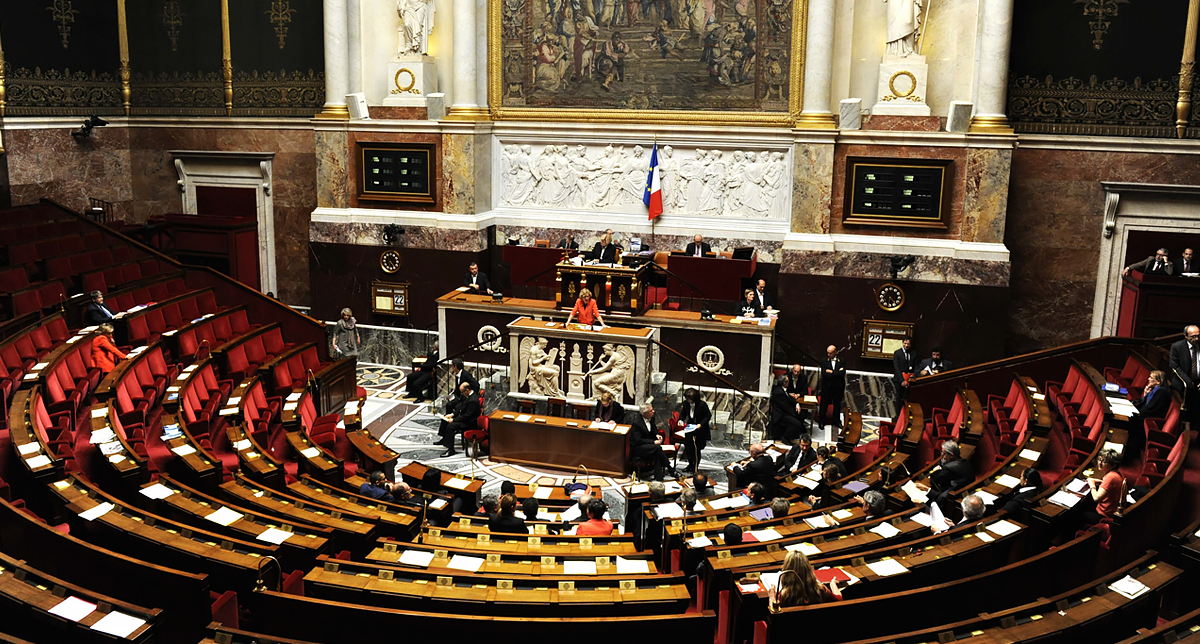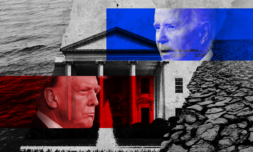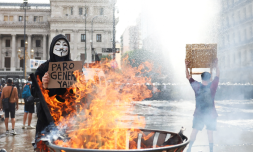A now hung parliament in France is likely to complicate the country’s efforts to address climate change and its path to net zero.
French elections have had Europe on the edge of its seat.
President Emmanuel Macron called upon the snap elections after the centrist alliance suffered a heavy defeat to the far-right party National Rally (RN) in the European Parliament elections, hoping such a move would catch RN off guard and prevent the rise of the far-right.
The first round on June 30 saw RN winning around 33 percent of the vote, putting Macron’s strategy in jeopardy. However, in a surprising turn, the far-left New Popular Front (NFP) emerged as the largest bloc after the second round on July 7, stemming concern about a right-wing-dominated government.
The election resulted in a hung parliament, with no bloc securing a majority. The NFP won 182 seats, short of the 289 needed, leading to political gridlock and necessitating complex negotiations to form a stable government.
Throughout the election, each party’s campaign focus differed widely – even when it came to climate action. The differing views on the environment have sparked a mix of shock and nihilism.
What climate commitments were made?
Climate action was not a major focus in the recent French elections. Although the NFP and the centrist Ensemble coalition included climate commitments in their manifestos, the main issues were inflation, energy bills, and immigration.
NFP pledged to implement a plan to achieve carbon neutrality by 2050 and ban imports that do not respect the nation’s environmental standards. Additionally, they committed themselves to developing the domestic industry to end France’s dependence on international markets for sectors such as EVs and solar panels.
As for the Centrist coalition, they targeted a reduction in greenhouse gas emissions by 55 percent compared to 1990 levels by 2030, in line with the EU’s Green Deal targets.
Members also argued that ecology is one of the ‘challenges of a generation’ facing the country. On top of that, they plan to expand the nuclear industry creating 200,000 industrial jobs and 400 additional factories by 2027.
RN, which gained significantly in the European elections, has criticized environmental policies. Its manifesto pledges an ecology of ‘common sense,’ arguing that environmental standards hurt economic growth. RN has called the EU’s Green Deal a ‘punitive ecology’ tool and vowed to dismantle it if elected.




















